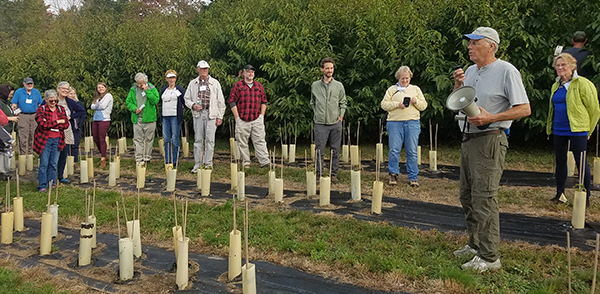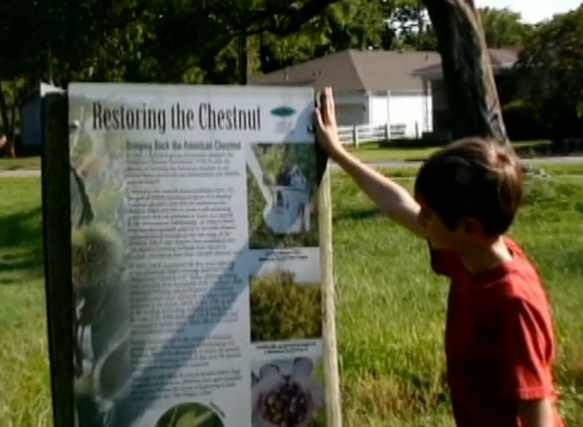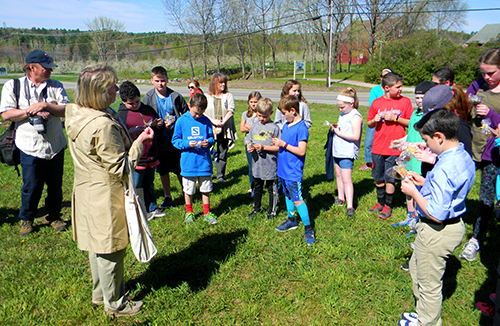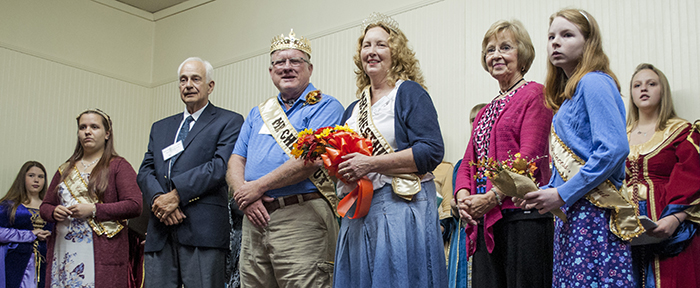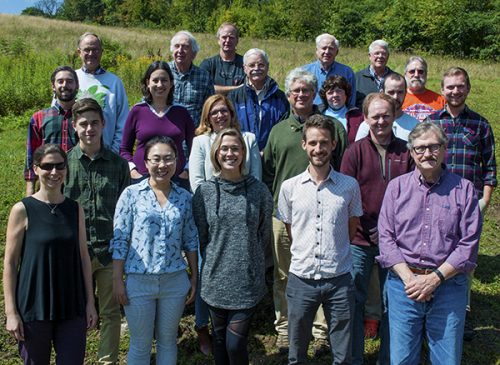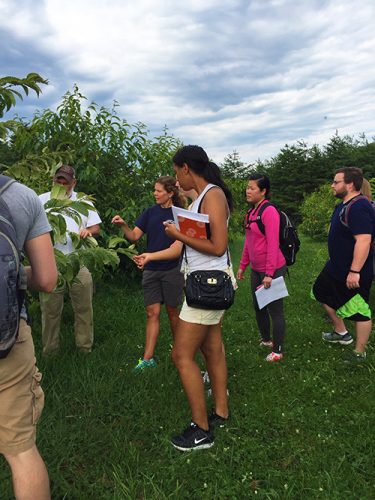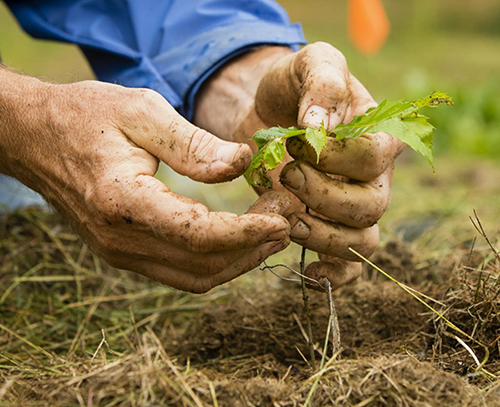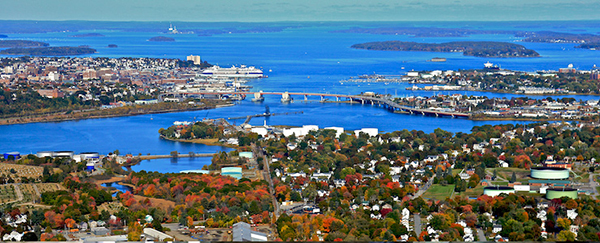In The News
This year’s annual meeting in South Portland, Maine on October 6-7, was a well-attended and hugely successful event. Because so much took place over the course of a few days, […]
TACF’s Annual Meeting in South Portland, Maine began on Thursday evening, October 5 with a traditional lobster bake on Peak’s Island and ended with a Saturday inland Maine chestnut restoration […]
The Louisville Nature Center (LNC) is a small nonprofit facility in Louisville, Kentucky. It features a 41-acre urban forest with more than two miles of light hiking trails and a […]
In 1719 a group of Scotch-Irish Presbyterian refugees fled violence in Northern Ireland and came to New England. They settled, in what today is, Londonderry, NH. The abundance of nut-bearing […]
This 10th annual chestnut festival was held Sunday, October 8 in Rowlesburg, WV, a tiny town on the scenic, big bend of the Cheat River. Afternoon activities included music, displays about […]
The Viles Arboretum in Augusta, Maine has been working since the 1980s to bring back the American chestnut tree, which was thought to be lost after a blight from Asia […]
Cataloochee Guest Ranch in Maggie Valley, NC, was the venue for the annual meeting of chestnut scientists, now in its 35th year. First organized to facilitate research in hypovirulence, it […]
This summer, students at Virginia Western Community College (VWCC) in Roanoke, had the opportunity to tour TACF Virginia Chapter’s Catawba Breeding Orchard in Blacksburg. The Plant Life of Virginia class, […]
Come to Rowlesburg, WV this fall and enjoy one of only two public chestnut festivals on the east coast. The 10th Annual West Virginia Chestnut Festival will take place rain […]
TACF Maine Chapter member and University of New England (UNE) Professor, Dr. Thomas Klak is featured in this article about the work being done in Maine, particularly at UNE, to […]
TACF’s 34th Annual Fall Meeting in early October will take place in the charming New England town of South Portland, Maine, just in time for cooler temperatures and fall colors. There […]
On August 11, 2017, a ceremonial planting of six B3F3s and one American chestnut (from TACF board member, Jack Lamonica) was held at the U.S. Army Corps of Engineers (USACE) […]


